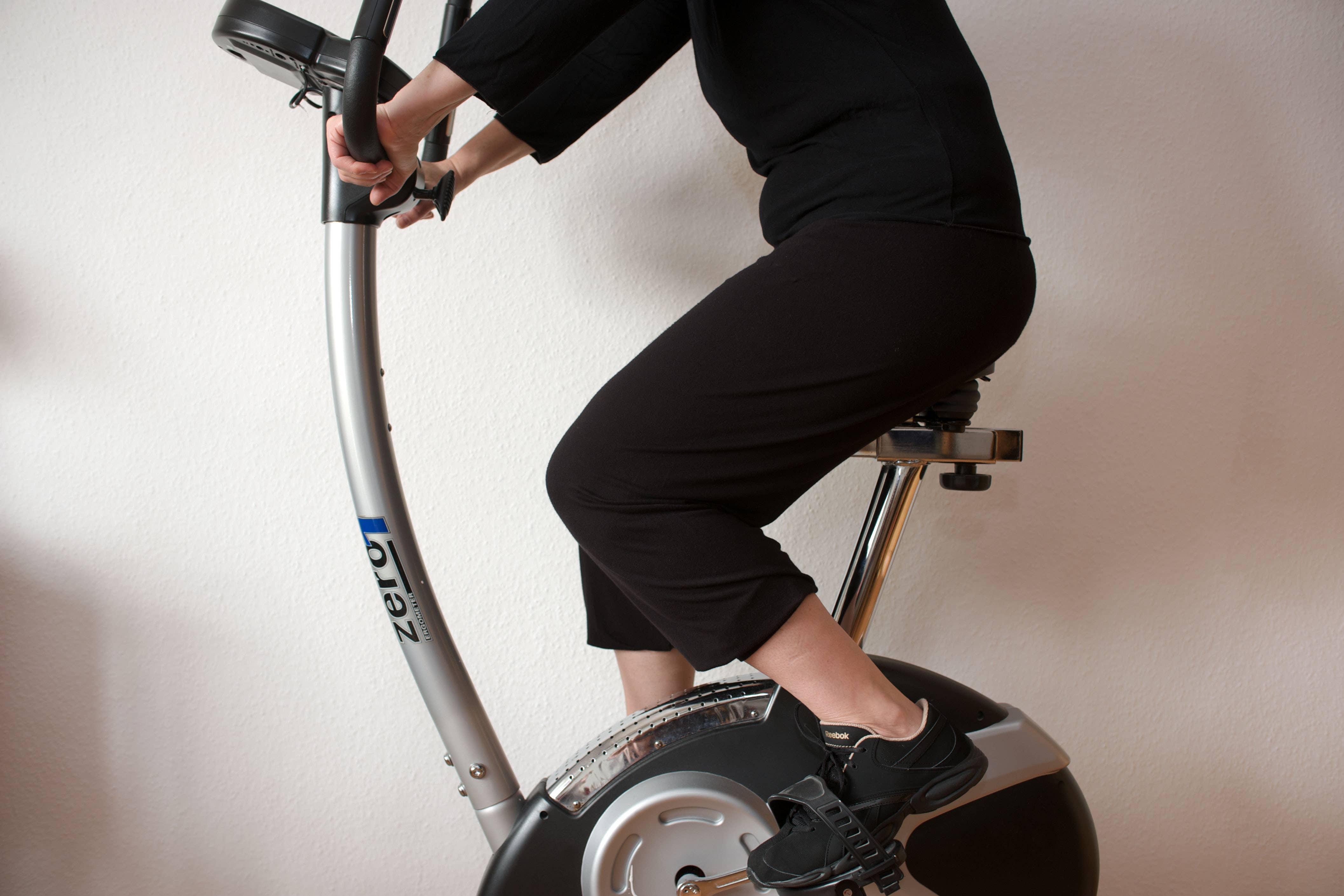Exercising in short bursts could benefit those who cannot work out regularly
Many people struggle to meet the recommended target for weekly activity, an academic has said.

Short bursts of exercise that last one minute or less could be beneficial for people who struggle to exercise regularly, an expert has said.
It is suggested that the intense bouts – described as “exercise snacks” – could be particularly useful for bolstering the health and fitness of those who spend a lot of time sitting, such as obese people or those with chronic diseases.
Examples used by Bruno Gualano, an associate professor at the Centre of Lifestyle Medicine at the University of Sao Paulo, Brazil, include stair climbing or short bursts of cycling separated by intervals of hours.
The NHS recommends 150 minutes of moderately intense exercise for adults per week, or 75 minutes of vigorous exercise.
The World Health Organisation (WHO) also recommends at least 150 minutes of moderate activity, but said adults should increase this to 300 minutes for “additional health benefits”.
However, during his presentation at the International Congress on Obesity in Sao Paulo, Mr Gualano said “many struggle to meet these targets” and suggested short bursts could offset the harmful affects of a sedentary lifestyle.
“To mitigate the negative impacts of prolonged sitting, ‘exercise snacks’ are proposed as a practical alternative,” he added.
“These are brief, intense bursts of activity (one minute or less), which can be more time-efficient than traditional exercise regimes.”
He said numerous studies have shown “benefits for cardiorespiratory fitness and vascular health”.
“For instance, hourly stair-based exercise snacks improved vascular health in a trial with healthy males, while another study demonstrated their feasibility and benefits for people who are overweight or living with obesity,” he added.
“However, many people may struggle to implement exercise snacks owing to practical reasons, such as bus drivers or people who have physical disabilities and/or low exercise capacity, such as older individuals.”
Mr Gualano said the potential benefits of “exercise snacks” include improved metabolic health and less time sitting.
“These benefits may be achieved even with unstructured, very light activities, which do not fit exactly in the category of exercise snacks,” he said.
“This strategy can be potentially applied everywhere at home or office, as it does not involve any specific equipment or devices.”
Mr Gualano said that further research is needed to understand the long-term effectiveness and safety of short bursts of activity, but added: “The take-home message is that these strategies should be personalised.”
Bookmark popover
Removed from bookmarks